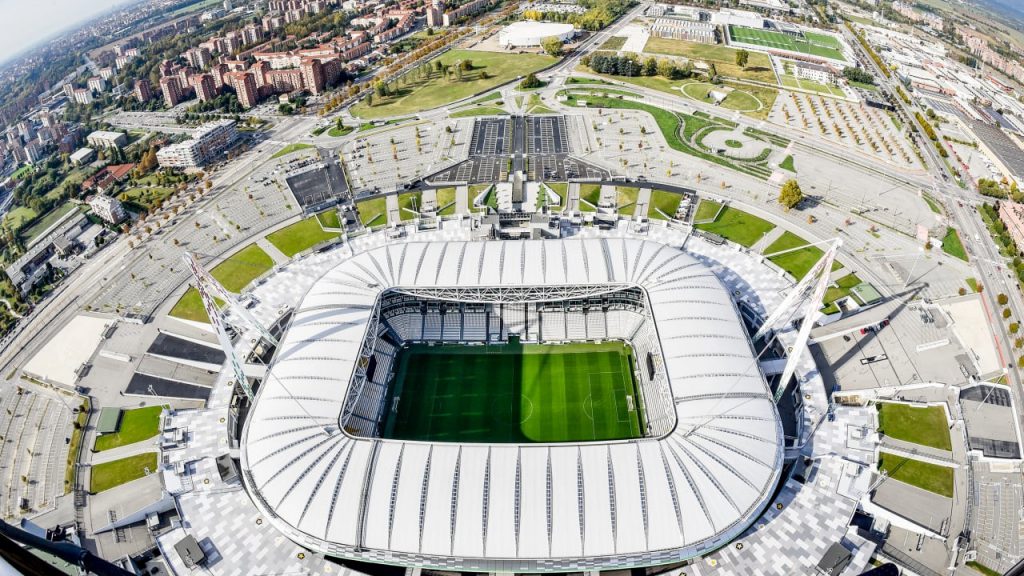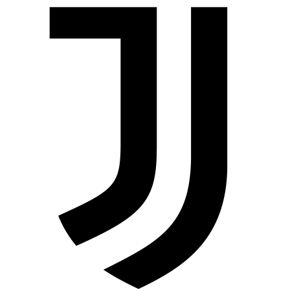Juventus works towards a sustainable future
Juventus follows a clear path of sustainability which makes the Italian champion a great example to be highlighted on the #Morethanfootball Environmental Sustainability Action Day. The club is aware of its role both in the world of football, as a club, and of the responsibilities and influence of its actions on the environment, as a company. Conscious of this correlation between corporate and territorial aspects, Juventus sees it as it responsibility to reduce its impact as much as possible.
Following the analysis that involved the entire club and led to the update of the Materiality Matrix, the two priorities on which the club has chosen to concentrate its actions and investments over the next few years in this area are energy and waste management, aiming to reduce its carbon footprint as much as possible.
UNFCCC Sport for Climate Action Framework
Juventus is the first Italian football club and the 150th signatory of the UNFCCC Sports for Climate Action Framework. FIFA, UEFA and the IOC (International Olympic Committee) are already signatories, together with many other prominent sport teams all around the world. UNFCCC Sports for Climate Action Framework brings together the global sports community to combat climate change by mapping a clear trajectory and setting standards for verifying emission reporting in line with the Paris Agreement.
Climate Neutral now
Juventus has become the first Italian football club to join the “Climate Neutral Now” initiative, devised in 2015 by the United Nations. The project encourages people and companies to act voluntarily to measure, reduce and offset their greenhouse gas emissions.
Allianz Stadium
Sustainability has been one of the pillars of the stadium project from the beginning: the entire architectural plan was in fact developed using measures that ensured a low impact of the construction site on the city, starting with the dismantling of the previous structure: the Stadio delle Alpi. A zero-kilometre operation, which made it possible to reuse the materials of the old stadium in the new construction site or within other construction sites located nearby, thus avoiding waste and limiting the problems of disposal of 40,000 cubic metres of concrete, 5,000 tons of steel, 2,000 square meters of glass and 300 tons of aluminum. Starting from the 2019/20 season, all the electricity used by Juventus comes from renewable sources. The LED technology devices guarantee high performance in terms of energy saving, luminous efficiency, durability and sustainability. In September 2019, the Allianz Stadium became the first in Italy to obtain ISO 14001 / UNI EN ISO 14001: 2015 certification. The certification entails “The running and management of the Stadium for football matches and commercial and corporate events in relation to sports, merchandising and entertainment activities, including catering services, also carried out through third party companies.”

One Tree Planted
Juventus scores, sustainability wins. Every goal scored by the Bianconeri in fact represents 200 new trees planted by the club in partnership with One Tree Planted, generating a positive impact for our planet.
This intent confirms Juventus’ contribution in the fight against climate change undertaken this season by joining the United Nations “Sports for Climate Action Framework” and “Climate Neutral Now” agreements. Also representing a further step in the sustainability path undertaken by the club, to actively contribute to achieving the objectives of the UN 2030 Agenda for Sustainable Development.
Read more about Juventus’ sustainability strategy here.




